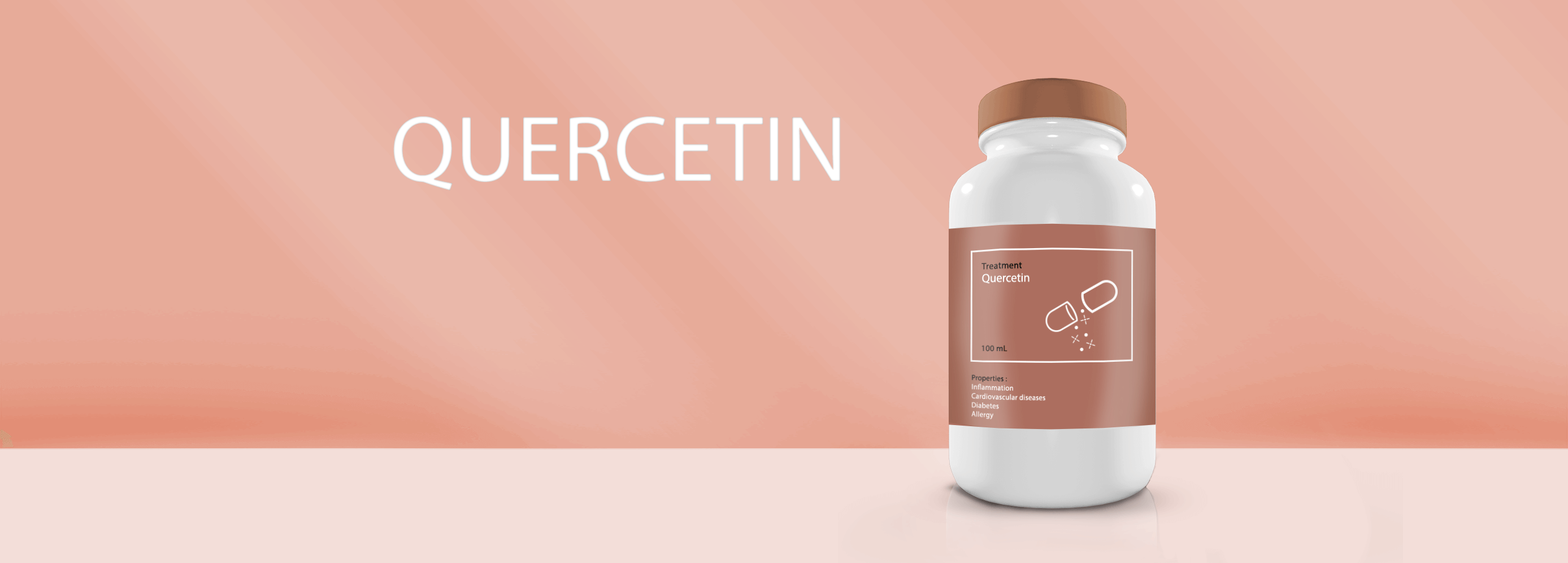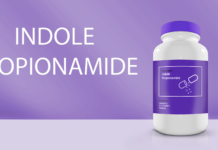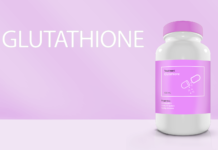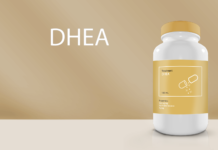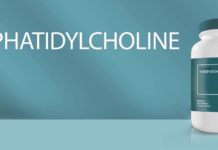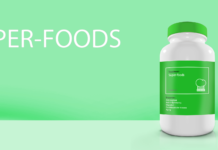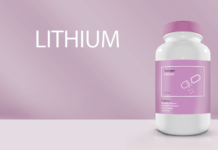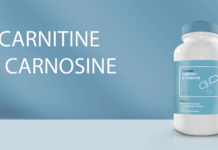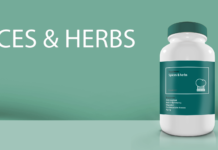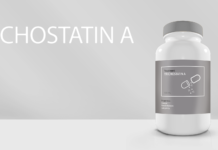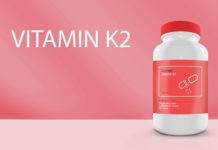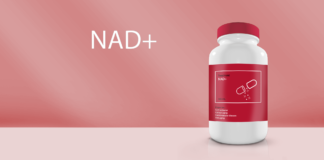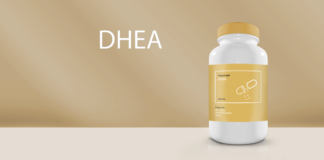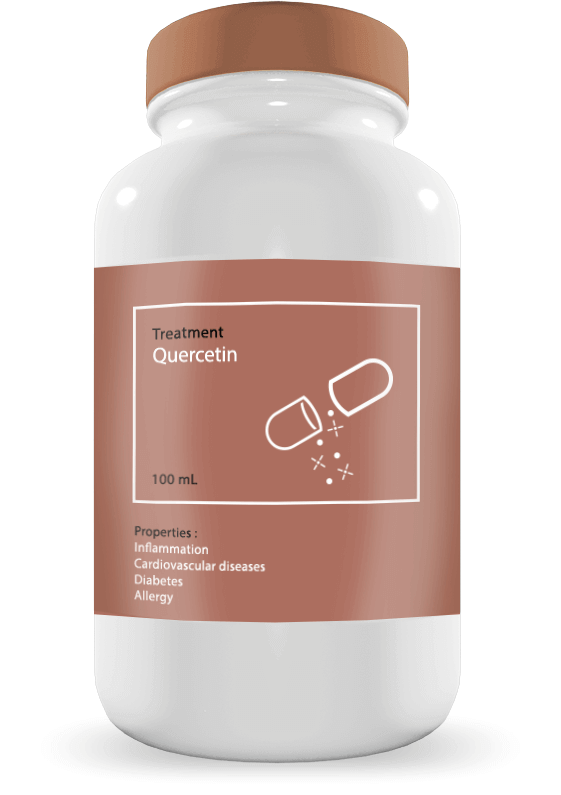
Fact sheet
Quercetin: An anti-aging flavonoid
Quercetin is a pigment found naturally in many foods, such as onions, capers, olive oil and some legumes. Like many flavonoids, it is an antioxidant and a fairly powerful anti-inflammatory agent. Originally used in the treatment of asthma and allergic reactions[1], its role has proven interesting in the fight against inflammation[2] and the prevention of cardiovascular diseases[3]. Today, quercetin is the subject of new studies, as it seems to be important in the fight against aging and its associated diseases.
Quercetin and age-related pathologies
First tested in cell cultures (in vitro) then on animals (in vivo), the efficacy of quercetin on humans remains a subject of discussion within the scientific community.
Quercetin supplementation seems to have beneficial effects on neurodegenerative diseases: In mice, it reduces amyloid β and TAU protein-associated effects on the brain of a model mimicking Alzheimer’s disease. In addition to these neuropathological impacts, quercetin increases learning performance and spatial memory, two degrading functions in Alzheimer’s disease[4]. Combined with physical exercise, known for its neuroprotective benefits, quercetin also has a defensive role against neuron loss[5]. This action seems linked to the upregulation of a signalling pathway involved in the antioxidant and anti-apoptotic activity of neuronal cells, the PI3K/Akt pathway. It is complemented by an effect on the eIF2α pathway, a major inflammatory pathway, the regulation of which plays a primary role in neuroprotection[6].
In addition to its action on neurodegenerative diseases, quercetin seems to have a protective effect against cancer, in particular prostate cancer[7]. Thanks to its antioxidant activity, quercetin is potentially able to interfere in the signaling pathways regulating apoptosis and cell migration, two cornerstones of the development of cancer[8]. It also has a preventive role with regard to cardiovascular disease[9].
Can quercetin slow down aging?
New studies suggest that quercetin could reduce cell senescence, a phenomenon affecting part of our cells, preventing them from dying but at the same time restricting their normal functions. In cultures of human senescent cells, a team recently proved an inhibition of the phenomena leading the cells to a senescence phenotype thanks to quercetin[10]. More impressive, on fibroblastic cells (cells supporting the skin), a second study showed a reversal of senescence, an interesting finding in the treatment of skin aging (short term) but also in the treatment of systemic cell senescence (in the longer term)[11]. In parallel, quercetin seems to have an effect on AGEs (Advanced Glycation End-products) which, during aging, lead to the formation of free radicals and the occurrence of metabolic diseases, such as diabetes[12].
Quercetin is therefore a molecule of interest, despite the absence of clinical studies, whose capabilities need to be investigated to fully determine its anti-aging potential.
- Number of publications : about 500
- Availability : over the counter
- Route : oral
- Dosage : 200-500 mg / dose, 2 or 3 times per day
Quercetin-associated side effects and possible risk factors
No side effects have been described to date. However, quercetin can interact with cyclosporin (an anti-rejection drug intended mainly for transplant patients) and inhibits the action of quinolone antibiotics.
Important note: a recent study demonstrated possible thyroid toxicity, inhibiting cell growth induced by thyroid hormones and decreasing its iodine binding capacity[13]. It is therefore important to remain cautious about quercetin, and more broadly flavoinoids, and not to take them if you have any doubt about the health of your thyroid gland.
Finally, the bioavailability of quercetin remains a major topic in human studies. Indeed, out of an ingested dose, only 20% will actually be absorbed[14].
[1] Thornhill SM, Kelly AM. Natural treatment of perennial allergic rhinitis. Altern Med Rev. Review. 2000;5(5):448-54
[2] Katske F, Shoskes DA, et al. Treatment of interstitial cystitis with a quercetin supplement. Tech Urol. 2001;7(1):44-6
[3] Edwards RL, Lyon T, et al. Quercetin reduces blood pressure in hypertensive subjects. J Nutr. 2007;137(11):2405-11
[4] Maria S-GA, Ignacio M-MJ, Ramírez-Pineda Jose R, Marisol L-R, Edison O, Patricia C-GG. The flavonoid quercetin ameliorates Alzheimer’s disease pathology and protects cognitive and emotional function in aged triple transgenic Alzheimer’s disease model mice. Neuropharmacology. 2015;93:134-145
[5] Chang HC, Yang YR, Wang PS, Wang RY, Quercetin enhances exercise-mediated neuroprotective effects in brain ischemic rats, Med. Sci. Sports & Ex. 2014;46(10):1908-16
[6] Hayakawa M, Itoh M et al., Quercetin reduces eIF2α phosphorylation by GADD34 induction, Neurobiol. Aging, 2015;36(9):2509-18
[7] Nöthlings U, Murphy SP, et al. Flavonols and pancreatic cancer risk: the multiethnic cohort study. Am J Epidemiol. 2007;166(8):924-31
[8] Nam JS, Sharma AR, Nguyen LT, Chakraborty C, Sharma G and Lee SS, Application of Bioactive Quercetin in Oncotherapy: From Nutrition to Nanomedicine (review), Molecules 2016;21(1):108
[9] Khurana S, Venkataraman K, Hollingsworth A, Piche M, Tai TC. Polyphenols: Benefits to the Cardiovascular System in Health and in Aging. Nutrients. 2013;5(10):3779-3827
[10] Yang HH, Hwangbo K, Zheng MS et al. Quercetin-3-O-β-d-glucuronide isolated from Polygonum aviculare inhibits cellular senescence in human primary cells, Arch. Pharm. Res. 2014;37(9):1219-33
[11] Chondrogianni N, Kapetan S, Chinou I, Vassilatou K, Papassideri K,Gonos ES, Anti-ageing and rejuvenating effects of quercetin, Experimental Gerontology, 2010;45(10):763-71
[12] Alam M, Ahmad I, Naseem I, Inhibitory effect of quercetin in the formation of advance glycation end products of human serum albumin: An in vitro and molecular interaction study, Int. J. Biol. Macromolecules, 2015;79:336-343
[13] Giuliani C, Bucci I, Di Santo S, et al, The flavonoid quercetin inhibits thyroid-restricted genes expression and thyroid function, Food and Chemical Toxicology, 2014;66:23-29
[14] X. Cai, Z. Fang, J. Dou, A. Yu and G. Zhai, Bioavailability of Quercetin: Problems and Promises, Current Medicinal Chemistry, 2013;20:2572-2582
Dr. Marion Tible

Author/Reviewer
Auteure/Relectrice
Marion Tible has a PhD in cellular biology and physiopathology. Formerly a researcher in thematics varying from cardiology to neurodegenerative diseases, she is now part of Long Long Life team and is involved in scientific writing and anti-aging research.
More about the Long Long Life team
Marion Tible est docteur en biologie cellulaire et physiopathologie. Ancienne chercheuse dans des thématiques oscillant de la cardiologie aux maladies neurodégénératives, elle est aujourd’hui impliquée au sein de Long Long Life pour la rédaction scientifique et la recherche contre le vieillissement.
En savoir plus sur l’équipe de Long Long Life


